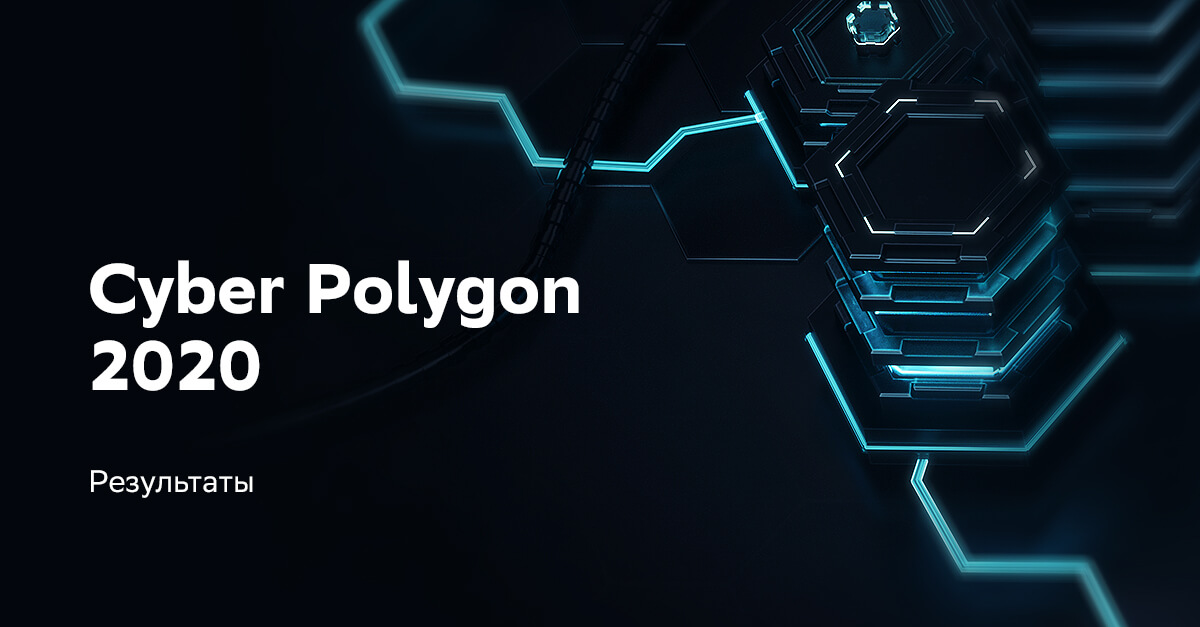
18 November 2020, Moscow — The participants from banks and IT companies demonstrated the highest resilience to attacks at the international online cybersecurity training Cyber Polygon 2020. This and other results from the event are presented in a comprehensive report from the event.
The world’s largest online cybersecurity exercise consisted of two scenarios: the teams had to repel a massive cyberattack in real time and subsequently investigated the incident. The participants from the financial and IT sectors proved to be the most prepared. This should not come as a surprise, since security assessment expertise in these sectors is quite a big priority. Furthermore, they widely apply classic forensics and Threat Hunting — an approach whereby specialists continuously hunt for threats by manually analysing security events from various sources, rather than waiting for security alerts to go off.
The training attracted 120 organizations from 29 countries. These included: banks, telecom companies, energy suppliers, healthcare institutions, universities as well as state and law enforcement agencies.
Cyber Polygon 2020 also featured an online conference, where senior officials of international organizations and leading corporations discussed the latest cybersecurity trends and threats. The key takeaways from the discussions:
- The pandemic has accelerated digitalisation, which poses new risks and challenges to businesses.
- Governments throughout the globe have to catch up with the technological transformations: not only to search for new tools and ways of interacting with people and businesses, but also to ensure the safety of such interaction.
- Critical infrastructure companies are exposed to the highest risk: healthcare, financial institutions, government agencies, manufacturing, IT and telecom. Being the most frequent targets of attacks, such organizations incur enormous losses.
The live stream gathered 5 million viewers from 57 states, the recording is available on the Cyber Polygon website.
‘Cyber attacks have been on the rise since the start of the COVID-19 pandemic. It is more important than ever for governments, businesses and transnational organizations to work together and become more resilient in the face of the threats ahead‘, stated Jeremy Jurgens, Chief Business Officer and Member of the Managing Board, World Economic Forum.
‘2020 has shown that digital threats are best dealt with by those organizations that proactively develop technical expertise and have action plans in place for all levels, including top management. We hope that the knowledge obtained during the training will enable participants and viewers to achieve the necessary level of cyber resilience’, shared Dmitry Samartsev, CEO, BI.ZONE.
‘A cyber incident can turn into a crisis if you have little capability or capacity to deal with it. If you are well-prepared, you can be more resilient and effective in responding and mitigating such events’, commented Craig Jones, Cybercrime Director, INTERPOL.
Cyber Polygon is a joint initiative of BI.ZONE and Sber. This year, the event took place in July with the support of the World Economic Forum Centre for Cybersecurity and INTERPOL. We have released a report on the event which compiles the key takeaways from the lectures and interviews as well as the results of the technical exercise and practical recommendations for the participants. The document was presented at the World Economic Forum Annual Meeting on Cybersecurity.



